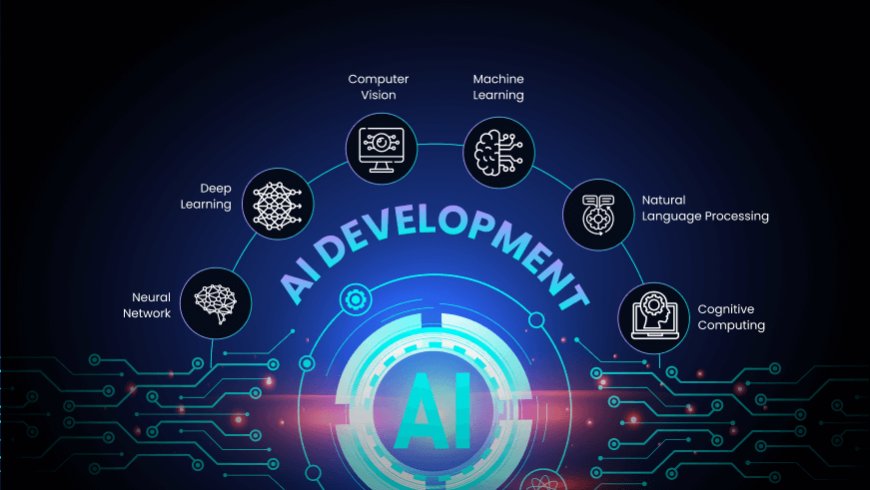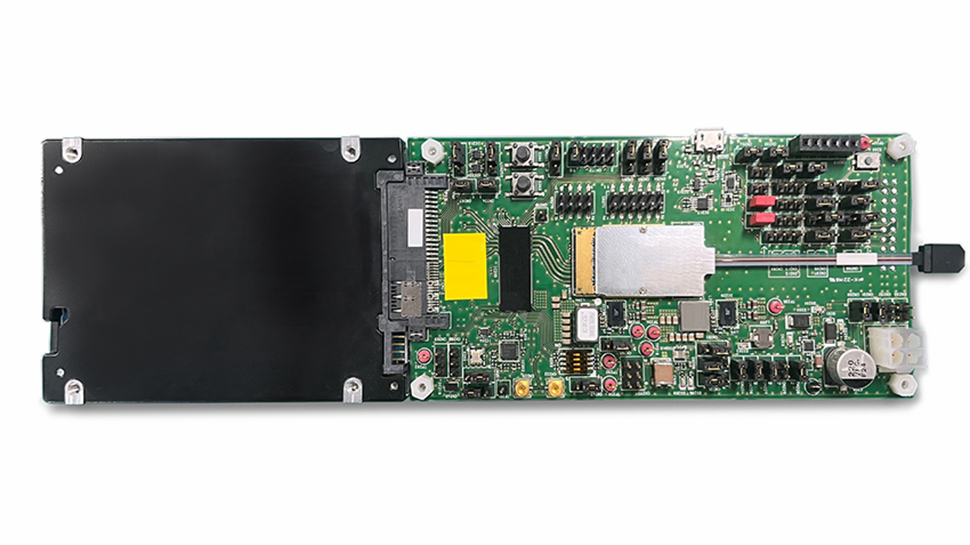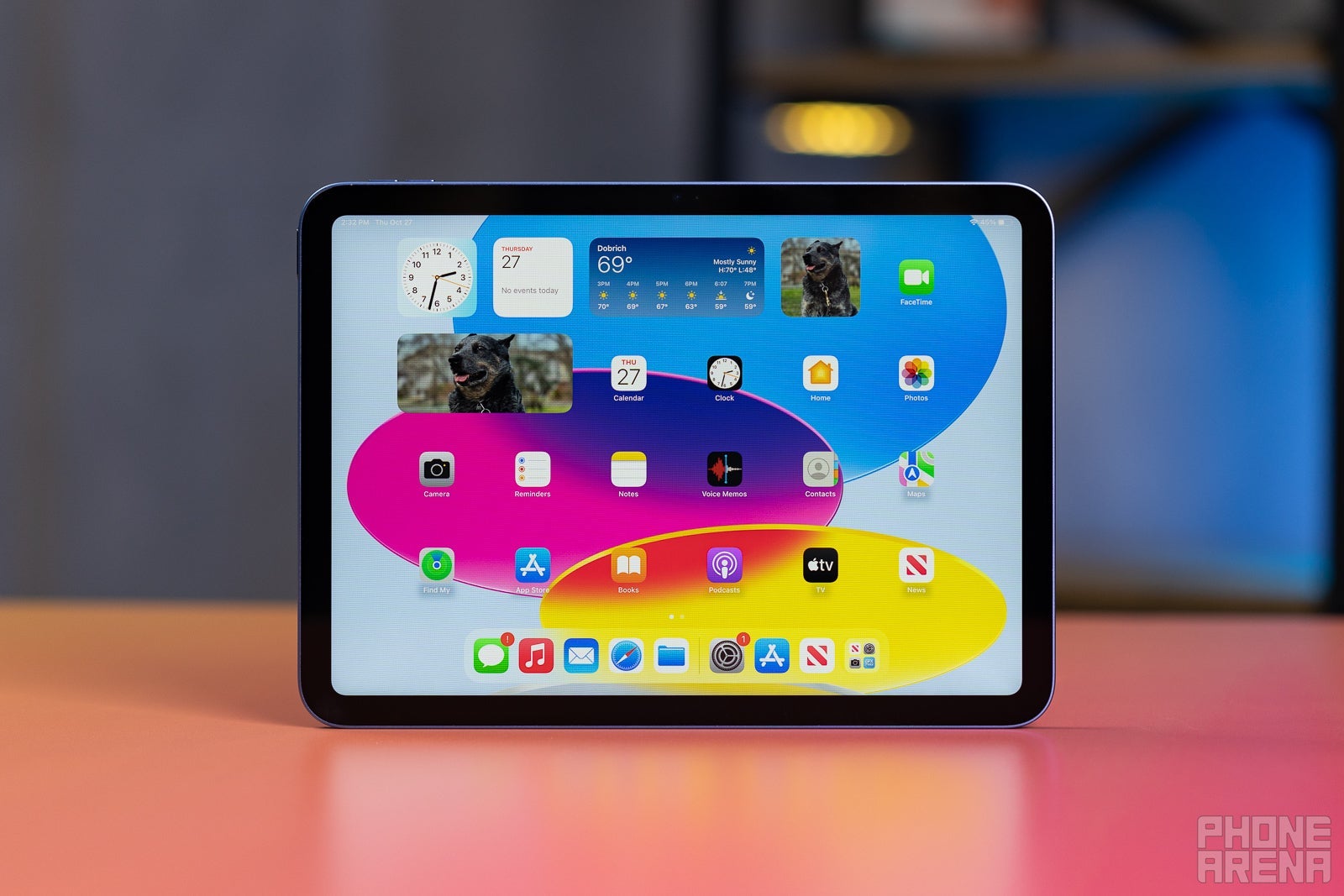Key Trends Shaping the Future of AI App Development Services

The landscape of app development is undergoing a rapid transformation, driven by the power of artificial intelligence (AI). AI technologies are becoming increasingly integrated into mobile and web applications, enhancing their functionality and enabling businesses to deliver smarter, more personalized experiences to users. As we look toward the future, several key trends are emerging in AI app development services that promise to reshape how apps are built and utilized. In this blog, we will explore these trends and discuss their potential impact on businesses and users alike.
1. Increased Adoption of AI in Everyday Apps
AI is no longer confined to complex enterprise solutions or niche applications; it is rapidly becoming a core component of everyday apps. From fitness trackers to social media platforms, AI is being integrated into apps across all industries to provide users with more personalized and efficient experiences.
As AI technologies like machine learning, natural language processing, and computer vision become more accessible, app developers are increasingly adopting them to enhance the functionality of their applications. For example, fitness apps use AI to analyze user data and provide personalized workout plans, while social media apps employ AI algorithms to curate content that is relevant to individual users. This widespread adoption of AI is one of the key trends shaping the future of app development, making AI-driven features a standard expectation rather than an exception.
2. Enhanced Personalization Through AI
One of the most exciting trends in AI app development services is the growing focus on personalization. Users now expect apps to adapt to their individual preferences and needs, and AI plays a central role in delivering this level of personalization. AI-powered apps can analyze user behavior, preferences, and interactions to offer tailored content, recommendations, and experiences.
For example, e-commerce apps use AI to recommend products based on a user’s past purchases and browsing history. Similarly, streaming platforms leverage AI to suggest movies, music, and shows that match a user’s tastes. In the future, we can expect even greater levels of personalization, with AI being able to predict user needs before they even articulate them. As AI continues to evolve, apps will become increasingly capable of anticipating what users want and offering proactive solutions.
3. AI-Powered Automation in App Development
Automation is one of the most significant benefits of AI, and its impact on app development services is undeniable. AI is being used to automate various aspects of the app development lifecycle, from testing and debugging to deployment and updates. AI-powered tools can identify bugs, optimize code, and even suggest improvements, reducing the time and effort required for manual intervention.
Moreover, AI is being used to automate tasks within apps themselves, improving user experience and operational efficiency. For instance, AI-powered chatbots can handle customer inquiries, freeing up human agents to focus on more complex issues. This trend of automation in app development is expected to continue growing, leading to faster development cycles and more efficient apps.
4. Integration of Voice and Conversational AI
Voice-enabled apps and conversational AI are rapidly gaining traction, thanks to advancements in natural language processing (NLP) and speech recognition technologies. Virtual assistants like Siri, Alexa, and Google Assistant have become household names, and their capabilities are now being extended to mobile apps.
In the future, we can expect voice and conversational AI to be even more deeply integrated into mobile and web applications. AI-powered chatbots and virtual assistants will become increasingly sophisticated, allowing users to interact with apps using natural language in a more seamless and intuitive manner. This will enhance the user experience, particularly in customer support, e-commerce, and service-based apps. As users become more accustomed to voice-based interactions, businesses will need to adopt these technologies to stay competitive in the market.
5. AI in Augmented Reality (AR) and Virtual Reality (VR)
Augmented reality (AR) and virtual reality (VR) are rapidly becoming mainstream technologies, and AI is playing a crucial role in enhancing their capabilities. AI is being used to improve the user experience in AR and VR apps by enabling real-time object recognition, gesture tracking, and immersive environments.
For example, AI algorithms can analyze visual data to recognize objects in real-time, allowing users to interact with their surroundings in more meaningful ways. In the gaming industry, AI-powered AR and VR apps can create more realistic and responsive environments, providing users with a deeper level of immersion. As AR and VR technologies continue to evolve, AI will be integral in creating more interactive and dynamic experiences.
6. Greater Focus on Data Privacy and Security
As AI continues to process vast amounts of personal data, concerns about privacy and security are becoming more pronounced. Businesses must ensure that they are using AI responsibly and in compliance with data protection regulations. In response to these concerns, there is a growing trend toward integrating advanced security measures into AI-powered apps.
AI is being used to enhance security in mobile apps by identifying potential threats, detecting fraud, and preventing unauthorized access. For example, AI-powered biometric authentication, such as facial recognition and fingerprint scanning, is becoming increasingly common in mobile apps. Additionally, AI algorithms can monitor user behavior and flag suspicious activities in real-time, helping businesses protect sensitive data and maintain user trust.
7. AI in Edge Computing for Real-Time Processing
Edge computing is another trend that is gaining momentum in AI app development services. In traditional cloud computing, data is sent to a central server for processing, which can lead to delays and latency issues. Edge computing, on the other hand, processes data locally on the device or at the edge of the network, reducing the need to rely on remote servers.
AI is being integrated with edge computing to enable real-time processing of data on mobile devices, wearables, and other IoT devices. This allows apps to make instant decisions based on local data, improving performance and user experience. For example, AI-powered apps in healthcare can analyze patient data in real-time and provide immediate feedback, without the need for cloud-based processing. As edge computing becomes more prevalent, we can expect more AI apps to leverage local data processing for faster, more efficient performance.
Conclusion
The future of AI app development services is full of exciting possibilities. From enhanced personalization and voice-enabled apps to automation and integration with AR/VR, AI is revolutionizing the way mobile and web applications are developed and used. As businesses continue to adopt AI technologies, staying ahead of these key trends will be essential for maintaining a competitive edge and meeting the evolving needs of users. By investing in AI App Development Services, companies can create smarter, more efficient apps that provide users with unparalleled experiences and drive business success.










































































































































































![[The AI Show Episode 143]: ChatGPT Revenue Surge, New AGI Timelines, Amazon’s AI Agent, Claude for Education, Model Context Protocol & LLMs Pass the Turing Test](https://www.marketingaiinstitute.com/hubfs/ep%20143%20cover.png)





























































































































![From Accountant to Data Engineer with Alyson La [Podcast #168]](https://cdn.hashnode.com/res/hashnode/image/upload/v1744420903260/fae4b593-d653-41eb-b70b-031591aa2f35.png?#)




































































































.png?#)













































































































































![Apple Watch SE 2 On Sale for Just $169.97 [Deal]](https://www.iclarified.com/images/news/96996/96996/96996-640.jpg)

![Apple Posts Full First Episode of 'Your Friends & Neighbors' on YouTube [Video]](https://www.iclarified.com/images/news/96990/96990/96990-640.jpg)































































































































